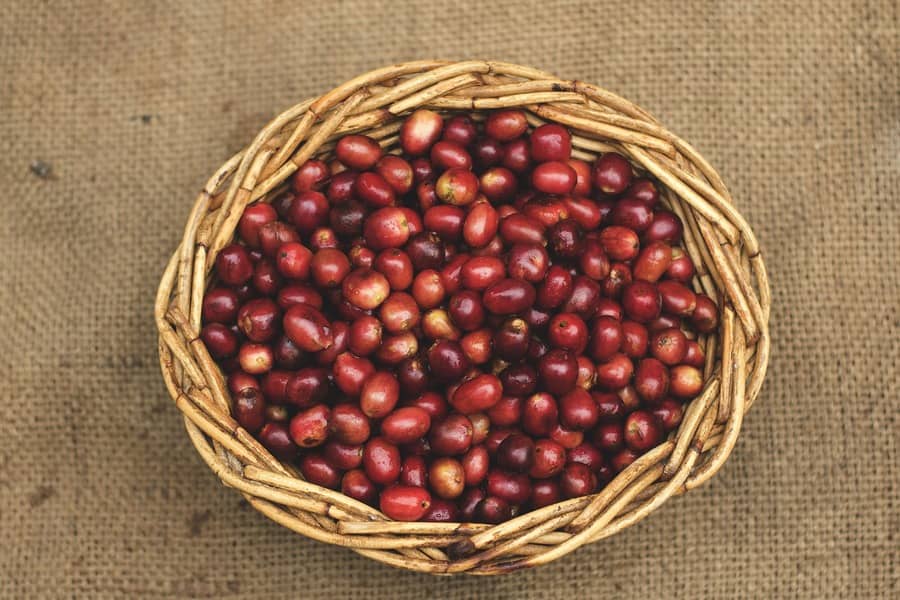Porto Alegre, October 08th, 2021 – Physical coffee prices in the brazilian domestic market remain close to nominal highs. The recent low on ICE is offset by the rise of the dollar, which flirts with the level of BRL 5.50, which guarantees firm prices. Even with high prices, growers have offered very little coffee, which guarantees additional price support.
Besides being firm, the internal physical market remains stratified. Good cup is indicated at BRL 1,150 a bag in southern Minas Gerais, very close to the recent high at BRL 1,175 a bag. Fine cup from Cerrado reaches BRL 1,180 a bag, also close to the high at BRL 1,190 a bag. Group 1 coffees are linked to the ICE and dollar, but with a gradual positive detachment from the external references because of the advance of the off-season. Rio cup from Matas de Minas reaches BRL 1,060 a bag and keeps trying to regain value against good cup. The shorter physical availability of this description justifies the firmness of prices.
Conillon type 7/8 is indicated at BRL 820 a bag in Colatina (ES), testing new highs. The aggressiveness of the domestic industry ensures firm prices. The fear of coffee shortages has led the industry to accelerate purchases. At the end of last week, for example, 700,000 bags of conillon were sold for large domestic industries and some exporters. The lots are for delivery in Nov/Dec and Jan/Mar 2022, with prices ranging from BRL 890 to 900 per bag placed in industry. The concern over supply also extends to the 2022 crop. There is news of conillon business between BRL 800 and 820 placed in industry for delivery and payment at the start of the next season. The aggressiveness of the industry reinforces the upward spiral of prices.
Highlight also on hard arabica with 600 defects for internal consumption, which is offered at BRL 1,110 per bag. The price of 600 defects is very close to that of export coffees. The traders’ justification is the lack of availability and the possibility of exports via grinders. The local industry could migrate to coffees destined for exports, with greater use. The problem is that supply is very short, which has made some industries buy hard arabica with 600 defects at these prices.
SAFRAS Latam

